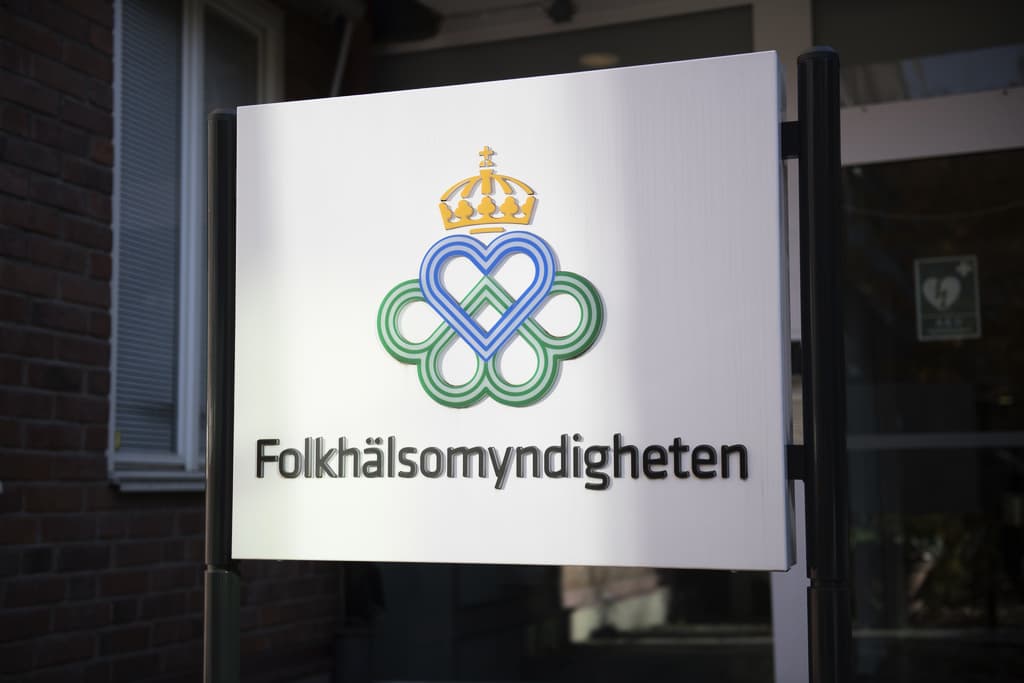The number of coronavirus cases has increased. However, despite several infected individuals in Sweden, in neighboring Denmark, and in the USA, there is no reason to be worried, according to state epidemiologist Magnus Gisslén.
It's part of the virus's evolution, he says.
In Sweden, the Public Health Agency is seeing a significant increase in the number of infected individuals, but at a still relatively low level. The number of cases is also increasing abroad, and in Denmark, the concentration of coronavirus in wastewater has risen and is described as "very strong" by the infectious disease control agency Statens Serum Institut, reports Danish TV2.
The situation looks similar in the USA, according to the US Centers for Disease Control and Prevention, writes CNN.
However, despite the increase, there is no reason for Swedes to worry, according to state epidemiologist Magnus Gisslén.
Why are the number of cases increasing?
The virus SARS-CoV-2 is constantly mutating, which means it can spread to new individuals and also to individuals who have immunity after previous infections and vaccinations.
Ever since Omicron arrived, it's been sub-variants of Omicron that are spreading, and right now, two variants with mutations that make it easier for them to bypass the immune system are increasing and spreading.
It's a continuous development that will continue in the future.
.
Is the protection we have sufficient to keep the number of infected individuals at low levels?
The vaccine provides relatively poor protection against new infections, and that's because the virus is changing. However, the vaccine provides good protection against severe disease.
Those who are at high risk of becoming severely ill are primarily the elderly and frail. People over 80 years old and those over 65 with special care needs should get vaccinated twice a year to have protection throughout the year.
Vaccinations provide good protection, even if not 100%, against becoming severely ill.
.
Should one be worried?
No, you don't need to be worried. What's important is to get vaccinated if you belong to a group that is recommended for vaccination.
If you're younger and don't have any underlying severe disease, you get sufficient protection through the infections you get.
There's nothing that suggests that the variants spreading now pose a greater risk of severe disease compared to previous variants.
.
Is there anything special one needs to think about?
Generally, when you're sick, you should make sure to avoid infecting others. So, it's clear that if you're sick and have a fever and are feeling unwell, you should stay home.
Week 24 – 124 confirmed cases.
Week 25 – 193 confirmed cases.
Week 26 – 295 confirmed cases.
Week 27 – 260 confirmed cases.
Source: The Public Health Agency






